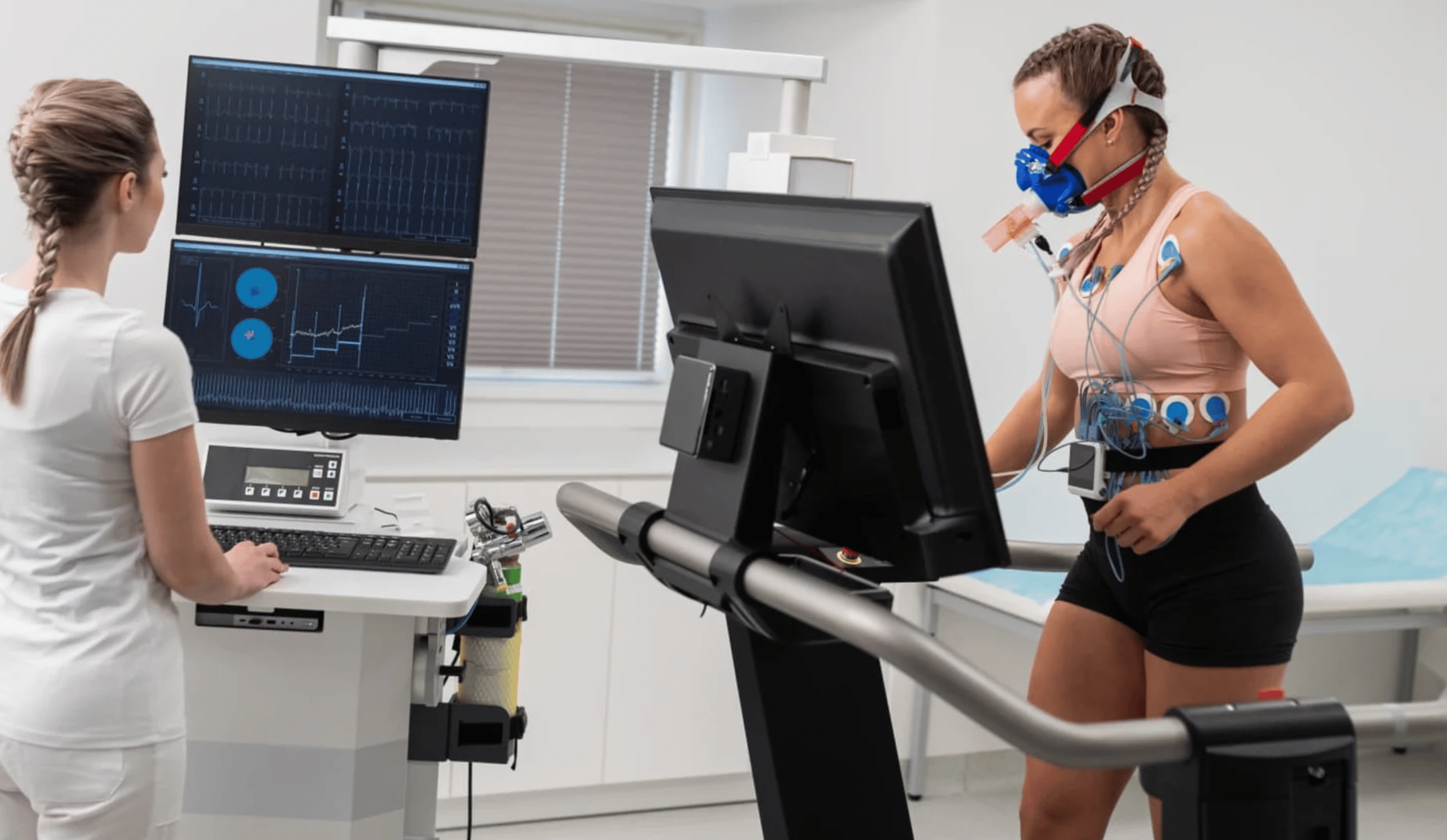Contents
Pursuing A Career That You’re Passionate About
Determining your future career path can be a difficult task for many students today. There are several different factors to consider such as salary, educational requirements, career outlook, and so on. However, the biggest thing to consider when choosing your future career path is your area of interest and what career you will be truly happy doing. In other words, it’s important to consider chasing a career that aligns with your personal goals and passions.
What Is Exercise Science?
Exercise science, although a relatively newer degree itself, isn’t a new concept. It’s been around for centuries and can be thought of as the scientific study of human movement to both improve and maintain one’s overall physique. It involves studying how the human body responds while under stress such as while carrying out a strenuous activity or exercising. When pursuing an education in the exercise science field, you can expect to learn a plethora of information from different verticals of study. Listed below are a few of the most commonly taught verticals when pursuing a degree in exercise science.
- Biomechanics
- Nutrition
- Kinesiology
- Health
- Fitness
- Exercise physiology
Although the coursework and the different verticals being taught may seem overwhelming and cumbersome, it’s important to recognize that each of these verticals when used in combination will help to develop the framework and foundation for your future career. Although they may be challenging, they are bound to help prepare you for success in your future role within the field.
It’s important for students who are currently debating which exercise science program to pursue to weigh the pros and cons of each of the potential programs available to them. You’ll want to ensure that the program not only teaches you about each of the verticals listed above but that they provide you with hands-on learning opportunities as well. For example, Berry College provides its exercise science physical therapy students with the opportunity to complete for-credit internships at occupational therapy clinics. These for-credit internships allow students to use the in-classroom knowledge they obtained and apply it to a real-world scenario. Ultimately, this helps the students to become more well-rounded within their focused area of interest and thus, better professionals upon graduation.
Job Opportunities Available for Those Who Pursue an Exercise Science Degree
Aside from the fact you’re able to turn your passion into a future career, there are also several other benefits associated with pursuing a career in the exercise science field. For instance, there are hundreds of potential job opportunities available for those who have obtained an exercise science degree. Below are a few commonly sought-after positions for exercise science majors.
Exercise Physiologist
As an exercise physiologist, you can expect to help develop fitness and exercise programs for patients who are recovering from an injury or illness. According to Explore Health Careers, exercise physiologists also help to administer exercise stress tests, evaluate patients’ health by monitoring their metabolism and cardiovascular function, and help to improve upon patients’ physical strength, endurance, flexibility, fitness, and athletic performance goals.
Physical Therapist
Physical therapists’ job is to help improve the overall movement and functionality of designated or injured body parts of their patients. They help to manage injuries or illnesses related to the musculoskeletal system, cardiopulmonary system, integumentary system, and even neurological system. They provide patients with a general physical examination and then help them to develop a treatment plan.
Sports Nutritionist
If your passion truly lies in the nutrition realm, then a career as a sports nutritionist may be a great option for you to consider. As a sports nutritionist, you’ll work with athletes to develop a nutrition regimen that they follow. The ultimate goal of the nutrition regimen is to help optimize their overall performance as well as their nutritional health. This includes managing athletes’ foot intake and ensuring they follow a properly balanced diet including proteins, fats, carbohydrates, and other substances needed to reach their peak physical performance.
Other potential career paths that exercise science students may choose to follow include the following:
- Fitness trainer
- Fitness instructor
- Coach
- Recreational therapist
- Physical education teacher
- Sports or recreation director
- Athletic director
Career Outlook for Exercise Science Students
As mentioned previously, there are so many potential jobs available for exercise science majors to pursue upon graduation. This is primarily because the exercise science field is still growing at an exponential rate. In fact, according to the US Bureau of Labor Statistics, the employment rate for exercise science majors is projected to grow over 13% over the next decade. This is significantly higher than the industry average when it comes to a career’s projected growth rate.
Overall, it’s important to pursue a career that aligns with your personal goals and passions. As the saying goes, “Choose a job you love, and you will never have to work a day in your life.” If you’re interested in pursuing an exercise science degree, the first step is to find the right program for you.

